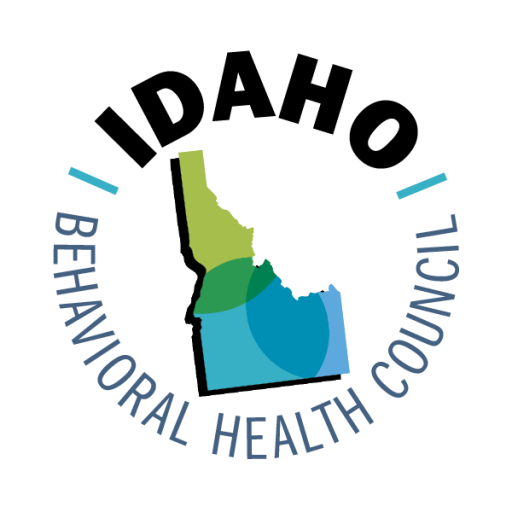Develop an outreach and marketing strategy to increase awareness of publicly and privately funded programs and services. Address and reduce behavioral health stigma.
Sponsored by:
Idaho Behavioral Health Council
Project Documentation
- Project Charter
- Scope of Work
- Implementation Team
Project Scope of Work and Status
Updated July 1, 2025
This is the quarterly project update narrative that is provided to the IBHC. Below is the monthly updated project status
Integrate 211 Idaho Careline database with FindHelpIdaho.org.
Integrate 211 Idaho Careline database with findhelpidaho.org. These two databases serve similar purposes with similar goals, but are currently operating independently. Both systems have unique benefits for Idahoans, that, if coupled, could create a more robust, and more comprehensive system for Idahoans to connect to the help and support they need, when they need it.
The Idaho Department of Health and Welfare, Division of Family and Community Partnerships, is committed to partnering with United Way Treasure Valley to move the 211 Idaho Careline toward a partnership with findhelpidaho.
Action Plan
| Objective | Milestone | Metric | Due Date | Lead | Status |
|---|---|---|---|---|---|
| Partnership between DHW and United Way to ensure resource databases for 211 and findhelp are up to date and accessible by the general public regardless of how they are accessed. | Establish a cross-organizational integration plan | Written plan agreed to by both agencies | 05-31-2025 | Laura Denner | In Progress |
| Assess technical compatibility and integration needs | Systems assessment | 06-30-2025 | Laura Denner | Not Started | |
| Develop a unified data management strategy | MOU | 08-31-2025 | Laura Denner | Not Started | |
| Ensure callers to 211 are connected to appropriate resources on every call and are made aware of online resources available through findhelp as appropriate. | Pilot the integrated system with key stakeholders | Feedback from testers/users | 12-31-2025 | Laura Denner | Not Started |
| Utilize existing systems in findhelpidaho to serve individuals searching for resources outside of normal business hours/operation hours for 211. | Fully implement and publicize the integrated system | Public access to joint resources/systems | 02-28-2026 | Laura Denner | Not Started |
Create supportive environment for Idaho’s youth to openly discuss mental health and access resources.
Mental health challenges among youth in Idaho have been on the rise, yet stigma and lack of access to resources continue to be major barriers. We aim to raise awareness, reduce stigma, and ensure that young people have the support they need to thrive.
As we develop this plan, we want to create a supportive environment where Idaho’s youth can openly discuss mental health, access necessary resources, and receive the education needed to foster emotional well-being. During the next three years, we can provide tools, information and support to youth. The measurables will be developed based on the objectives.
Action Plan
| Objective | Milestone | Metric | Due Date | Lead | Status |
|---|---|---|---|---|---|
| Awareness Campaign (utilize social media—could we find money for targeted social media like the Fentanyl Takes All campaign?) | Chenele Dixon | ||||
| School & Community Engagement (partner with schools for assemblies, mental health toolkits, etc.—do we do assemblies or do we provide framework? | Chenele Dixon | ||||
| Resource Accessibility (compile list of resources—decide on dissemination plan—through counselors, etc.?) | Chenele Dixon | ||||
| Policy Advocacy | Chenele Dixon |
Create professional development courses for teachers, education professionals, and parents to support children’s mental health.
If we want to reduce the stigma surrounding mental health, especially with children, we must enlist the help of the adults that support them. To that end, we will create, or locate and promote, professional development courses for teachers and other education professionals. These courses will provide training to teachers on ACEs, PCEs, trauma informed classrooms, signs to look for for students struggling with mental health, and how to seek help for students.
Once the courses are created, we will want to promote them heavily so teachers are aware. We also want parents to be able to access these resources, and perhaps proactively create opportunities for them to do so.
Some of these courses may already exist through other organizations, so we will be tasked with finding those courses and helping promote them to teachers.
Promotion of these courses can happen via social media and newsletters

